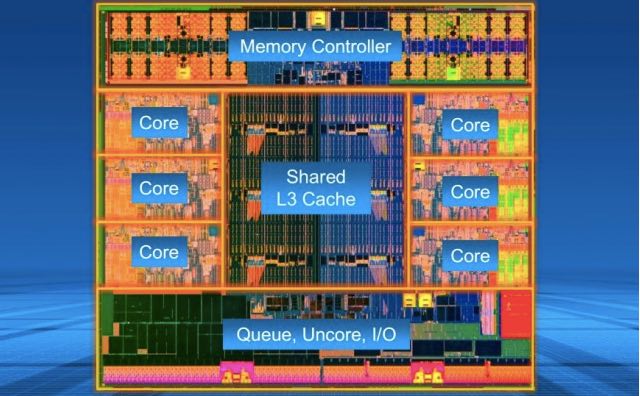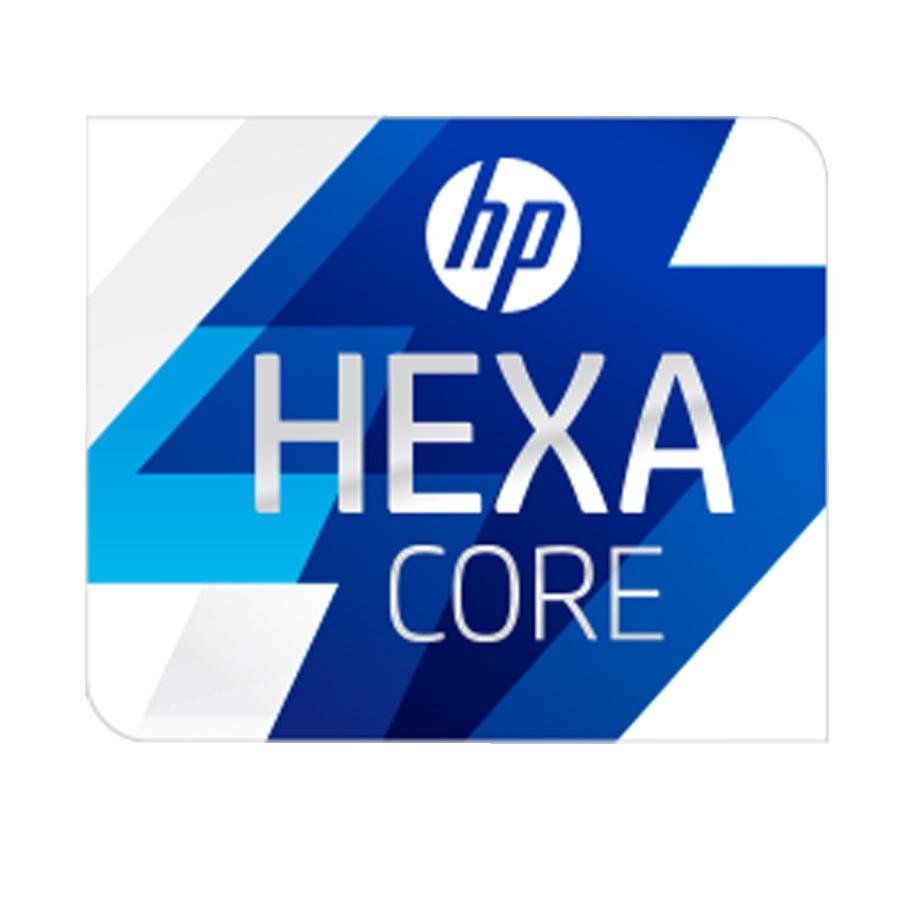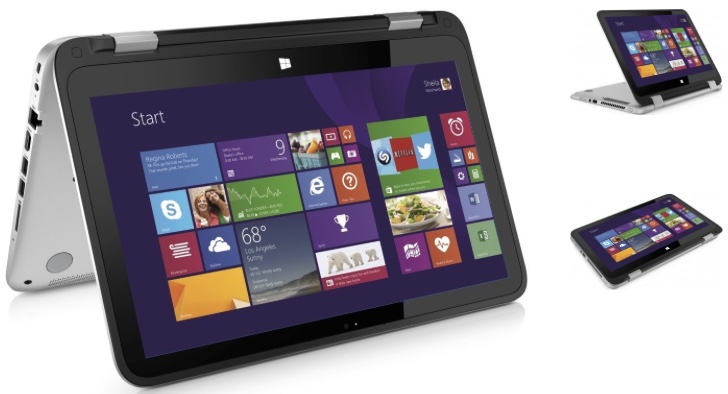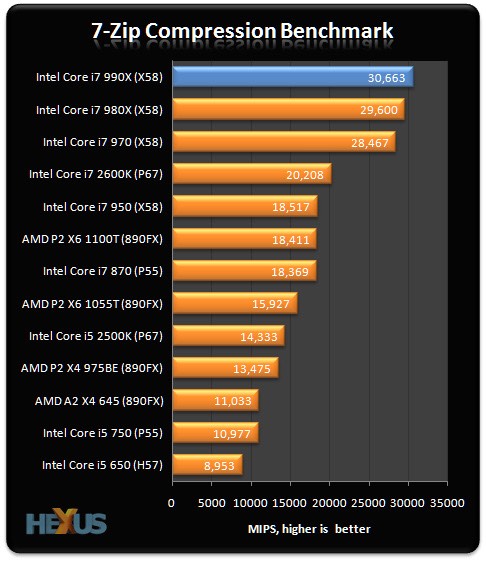
Multi-core processors have been a mainstay in PCs (and mobile devices) for over a decade. The innovation of having multiple cores in a single processor —each able to run software in parallel— has led to significant performance boosts. Quad-Core used to be the high end in consumer PCs, but now Hexa-Core chips are making it into the mainstream through computers like HP’s new Pavilion x360 Convertible. Here’s why you might want a Hexa-Core processor in your next PC.
 The Core the Merrier
The Core the Merrier
There are various ways that processor makers like Intel and AMD can increase the speed of their chips. Increasing clock speed is one, but in the early 2000s the CPU makers hit upon the idea of multiple cores.
The concept is that the multiple CPUs –each capable of running its own set of instructions— is incorporated on a single board. This is known as multi-core architecture and it speeds up a PC because software processes can be run in parallel. In other words, instead of performing tasks one after another, two tasks can be run simultaneously.
In 2005, Dual-Core processors from Intel and AMD began hitting shelves and in 2006, Quad-Core processors (with four cores) began to go mainstream. Most of the CPUs you’ll find in current PCs are Quad-Core models.
This year, Octa-Core processors began to hit the market, but these eight core models are definitely aimed at the higher end such as graphic workstations that need massive processing power.
For most consumers, PC gamers and business PC users, the bigger news is the arrival of affordable Hexa-Core processors in mainstream computers. Hexa-Core is nothing new —Intel was selling the Core i7 Hexa-Core “Gulftown” processor in 2010— but they were previously marketed to power users, not average PC buyers.

Intel is offering Hexa-Core versions of its Core i7, AMD has Hexa-Core FX and Phenom chips and HP is selling PCs like the Pavilion 15 Notebook with HP-branded Hexa-Core processors.
Multi-Core Reality Check
After building up the concept of Multi-Core processors as big performance enhancers, it’s time for the reality check.
Many Multi-Core processors still share some resources (such as L2 cache) so two cores doesn’t necessarily translate into double the speed of a similar single core. Also all cores are not created equal: hexacore processors actually combine a 4 core processor and a 2 core graphics processor for a combined 6 cores. Software also needs to be written to take full advantage of multiple cores in order to make the most of the parallel computing capability. And when it comes to gaming, the CPU is usually of secondary concern to the graphics card that does all the heavy lifting.
That being said, Hexa-Core processors make a huge difference over Dual-Core and Quad-Core models when running tasks that can take full advantage of their capabilities. Editing and encoding video is a classic example of a processor-intensive task with software widely available to leverage multiple cores.
This chart from Hexus.com shows a comparison between various Intel processors when compressing a file.

The fastest results (bigger number is better) were all turned in by Hexa-Core processors, while the fastest Quad-Core placed a distant fourth. These are older CPUs, but the results are still a useful comparison of the performance boost Hexa-Core offers over Quad-Core in situations where software can take advantage of the additional silicon muscle.
Future Proofing
If you are shopping for a PC today, even if the uses you expect to put it to probably wouldn’t take advantage of six cores, a Hexa-Core processor gives you some peace of mind in terms of future-proofing. And in the meantime, you’re likely to find tasks that used to keep you waiting like ZIPing a file are suddenly much snappier.
Now that Hexa-Core packing computers like that HP Pavilion notebook are becoming more widely available, you can choose a PC that has the power to meet future needs without paying a premium.




Hi,I am looking for a laptop for my grandson . Hi is starting a high school this fall. Please help me to choose right lap top for him . thank you
I know this blog is a couple years old… I’m hoping you can help me understand why 6-cores isn’t a benefit to games but it is for other software? Or has that changed, how do 6-cores improve game playing?
Great advice. With technology I always find the best way to future proof is to (if your means allow) just get the top of the line model now. It will last longer and save you aggravation in the future.
Comments are closed.